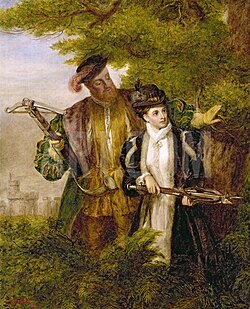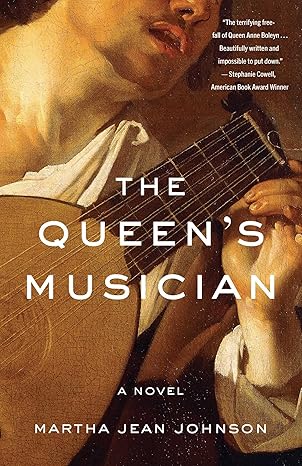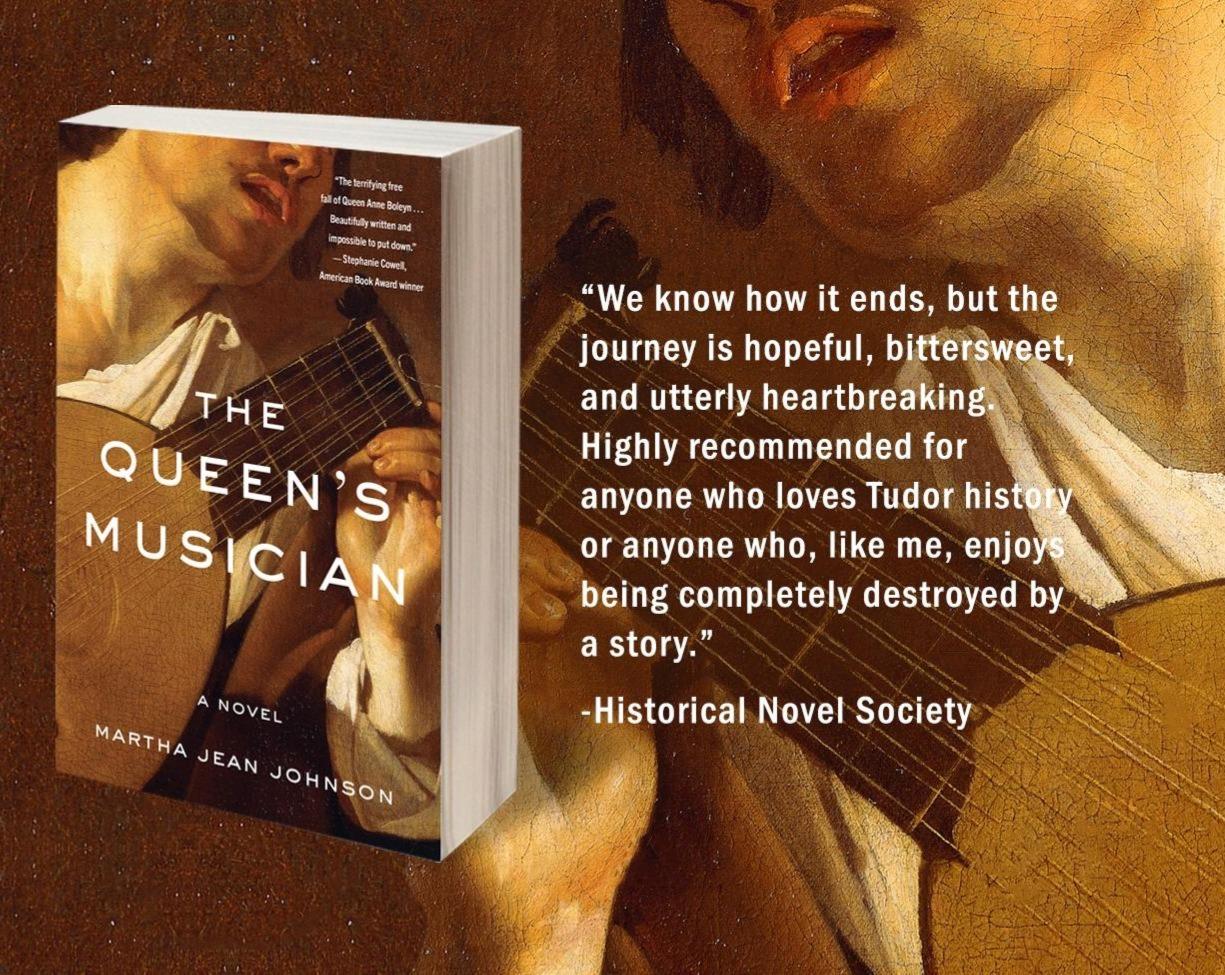Martha, welcome to my blog. I found The Queen’s Musician a riveting and moving read. I’m delighted we can dig into your vision for it.
First, how did this project begin?
Basically, two long-standing interests came together. I spent years publishing nonfiction articles and books on politics, but writing a novel was always in the back of my mind. I had probably been thinking about it since I read Little Women (multiple times). I wonder how many little girls Louisa May Alcott has inspired to become novelists.
Plus I’ve been fascinated by the Tudors since watching “The Six Wives of Henry VIII” on Masterpiece Theatre in the early 70s. Mark Smeaton, my protagonist, is a minor character in many versions of the Anne Boleyn story, and I’ve always wondered about him. Why was he accused of being the queen’s lover? How did he face up to such a cruel twist of fate? How does anyone cope with that level of cruelty?

Martha Jean Johnson
Mark is a court musician. Do you have a musical background, and if not, what was your learning curve?
I suspect I was my piano teacher’s least promising pupil, although I did love ballet class as a girl, especially the music. But I’ve been fortunate: one of my best friends is an astonishing classical pianist. I’ve seen how music permeates his life—his fascination with it, his drive to practice, his respect for his teachers and colleagues, his love of the piano itself. So knowing him has given me an inside view of a professional musician’s life. I also listened to Renaissance music as part of my research. Let’s thank our lucky stars for YouTube. The sacred music is sublime, and the popular songs are often haunting. Look for a performance of Cornysh’s “Ah Robin” if you’re just starting out.

Wikipedia: King Henry and Anne Boleyn Deer shooting in Windsor Forest by William Powell Frith, 1903
One aspects I really appreciated was how the five male courtiers trapped in Anne Boleyn’s downfall emerge as radically different people. For me they leap off the page. I’m buried in Tudor primary sources at the moment, with their hithertos, wherefores, notwithstandings, and the swarms of pronouns that can smother any sense of personality. Your five men follow courtly conventions, yet I can touch, smell, see and want to hug them. How did you achieve this?
They lost their lives in a conspiracy of lies, so I was determined to let my readers get to know each one. We have hardly any hard facts about Mark Smeaton: He was a successful court musician. He was young. He was accused, tried, and executed. There’s more information about George Boleyn, Anne’s younger brother, who was charged with incest as well as treason. We have a few data points about the other men—their positions and families—but I embroidered from there.
There’s a scene early in the novel. It’s a boring, rainy afternoon, and Mark is sent to play for Anne Boleyn—to entertain her. The other men are there: George Boleyn, Sir Henry Norris, Sir Francis Weston, and Sir William Brereton. Since Mark is fairly new to court, I took the chance to paint each of the men. They differ in age and appearance, but also in manner and disposition.
As for the wherefores and hithertos, I faced a very common dilemma for historical novelists. Should I use language that reflects the past or language that’s more contemporary and accessible? Since my foremost goal was to have my readers identify with these men, the choice seemed clear to me
Bearing witness to Anne Boleyn’s last eighteen months is painful, and I wonder how you chose to handle it. A friend who bought the book on my recommendation and loved it asked me “Did Anne Boleyn really do those things?” And I said yes, but how to interpret her condition through Tudor anecdotes is the novelist’s challenge. In your novel I felt I was watching the progressive tragic disintegration of a psyche, what psychologists call a “self-system” triggered by the stillbirth of her son. How do you think of it? I will add that the slapping of servants, which is offensive to modern eyes, was routine in Tudor times.
She’s in an unbelievably difficult situation. She’s on the verge of losing all she has dreamed of and worked for, and all due to circumstances she can’t control—whether she gets pregnant, whether she has a healthy child, whether the baby is a boy or girl. Anne Boleyn was a remarkable woman who became queen despite daunting odds, including the full-scale opposition of the Church of Rome. But just three years later, it’s all slipping away. Your concept is spot on. She’s facing “the progressive tragic disintegration of a psyche.”
About midway through the novel, Mark makes this observation: “In the months to come, the queen’s sorrows would change her. Disappointment and fear would steal her grace. But at this moment, she was wondrous—brave and independent, an intelligent woman who loved art and music and admired those who created it. This was the Anne Boleyn history should remember. She was no ordinary queen.”
That’s how I see her.
What are you working on now?
Back-braining a few ideas for another novel. I also write about historical fiction at Historical Magic on Substack. I review favorite novels and discuss quandaries in the field. I often feel like I’m in a book club where I get to pick all the novels and hold forth on why I love them.
Why do you write? Do you have a world view you want to convey?
I was recently at an event featuring two historical novelists with impressive publishing careers. The moderator asked whether they typically envision new novels with a character in mind or with the setting and historical context. Naturally, I asked myself this same question on the way home. For this novel, my answer would be: “I started with the injustice.”
One of historical fiction’s greatest virtues is that it allows us to evaluate human behavior from a distance. In The Queen’s Musician, a single man has unimaginable power. He and his henchmen believe their ends justify the means. They were willing to sacrifice six innocent people to get the king’s desired outcome. We should never forget how dangerous that kind of thinking is.
To purchase The Queen’s Musician: Simon & Schuster Book Page
Author web site: www.marthajeanjohnson.com
Substack: Historical Magic
Author Instagram: #authormarthajean

Martha, thanks so much for your time.
To chec out Loretta Goldberg’s historical novels scan below.


